WE are the experts.
Let’s speak with a loud, united voice. Speak up. Share your knowledge. It is more important now than ever. Inform government decision-makers and the public about the importance of water.
Aging infrastructure, strict requirements, and continued economic pressures have put unprecedented stress on local governments and agencies that provide essential water services. Elected officials are being called upon to make tough choices that will impact water quality and the viability of our communities for generations to come.
We know there is a better path—a path that leads to public appreciation for the value of water, investment in our essential water infrastructure, and a better quality of life for our states and communities.
WEF’s Water Advocates Program is a simple and effective way for you to become more involved with engaging elected officials and the public on important water issues. The Water Advocates Program provides training and engagement to promote grassroots advocacy before elected officials and the public with the goal of creating a network of trained water advocates in every state.
Continue.
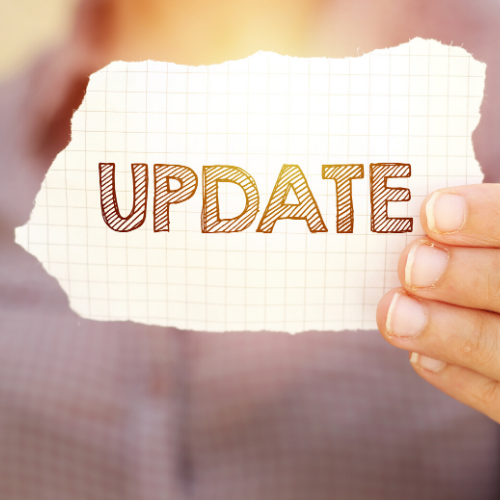 Want to stay updated on regulatory changes in the PNW but don't have time to track all the different agencies? You don't have to! The PNCWA Government Affairs Committee stays on top of issues and gives monthly updates in the PNCWA digest. Not signed up for the digest? We've got you covered. Sign up here. Here's the update for April 2020.
Want to stay updated on regulatory changes in the PNW but don't have time to track all the different agencies? You don't have to! The PNCWA Government Affairs Committee stays on top of issues and gives monthly updates in the PNCWA digest. Not signed up for the digest? We've got you covered. Sign up here. Here's the update for April 2020.
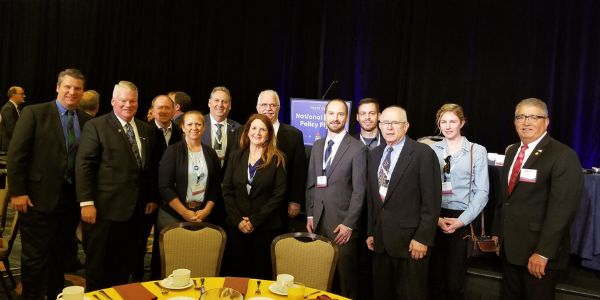
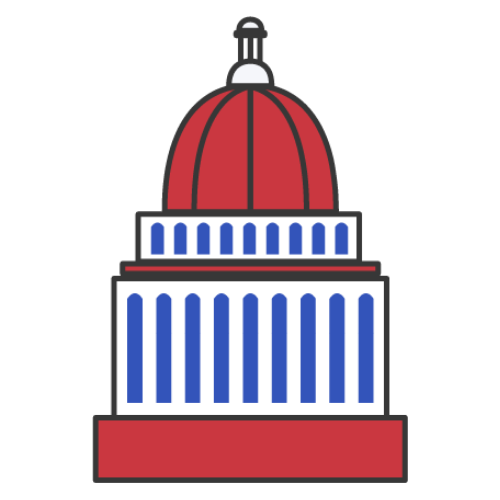 PNCWA is represented well this year in Washington D.C. for the
PNCWA is represented well this year in Washington D.C. for the 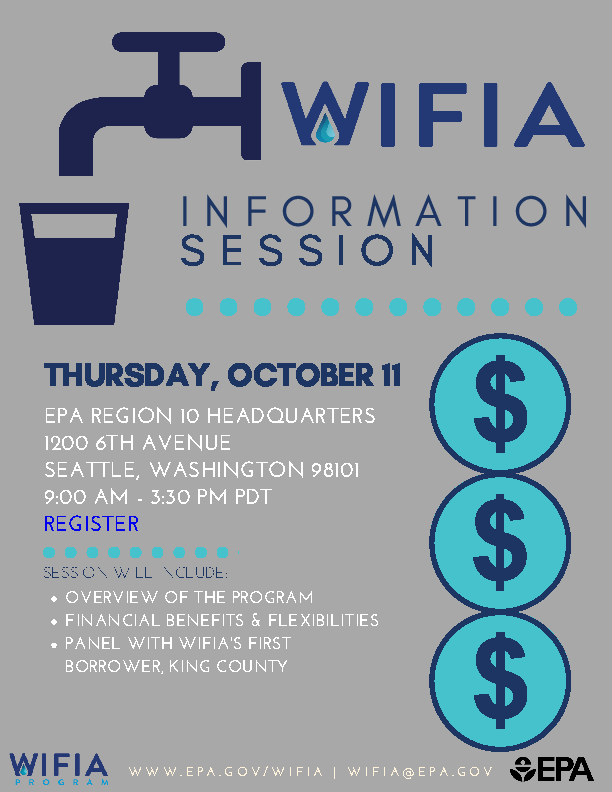
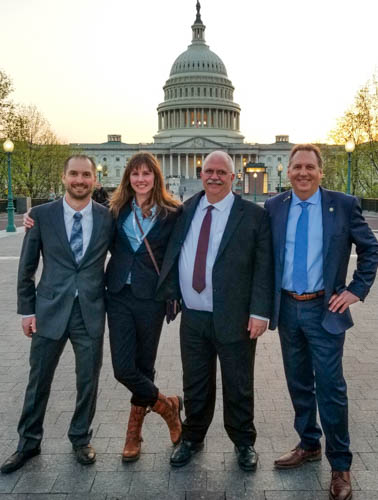
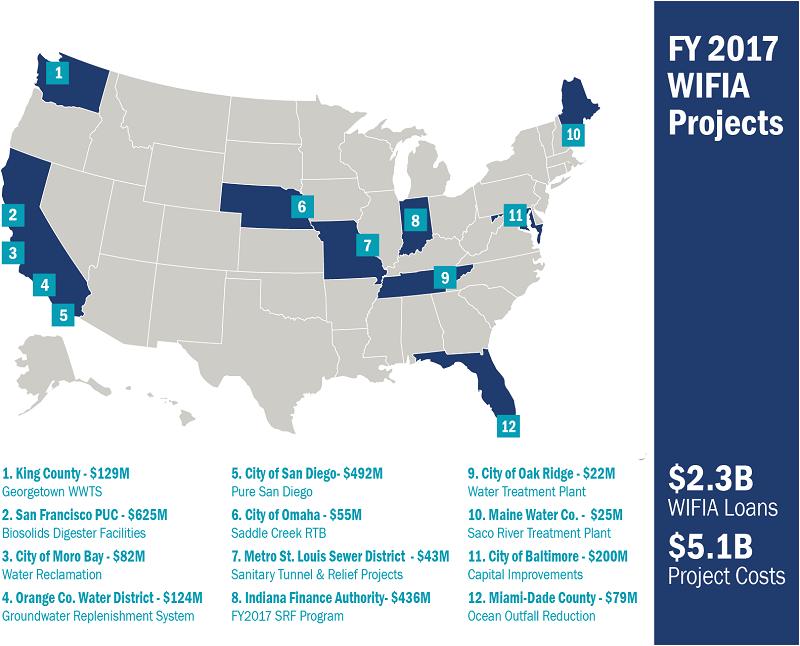
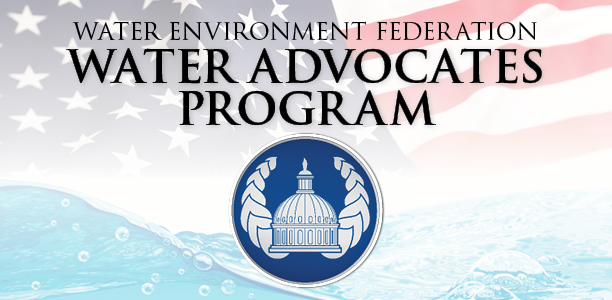
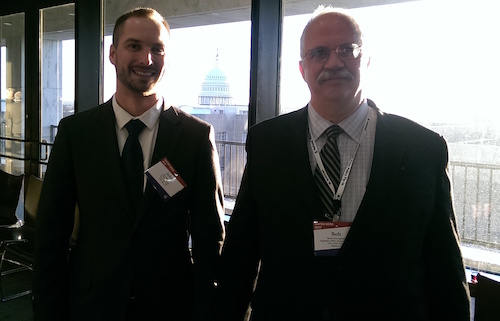 On March 21, 2017, PNCWA Government Affairs committee members Bob Baumgartner, John Beacham, Mike Ollivant flew into Washington, D.C. for the annual WaterWeek Fly-In, where water representatives from all over the country gather to talk water infrastructure and funding. In
On March 21, 2017, PNCWA Government Affairs committee members Bob Baumgartner, John Beacham, Mike Ollivant flew into Washington, D.C. for the annual WaterWeek Fly-In, where water representatives from all over the country gather to talk water infrastructure and funding. In 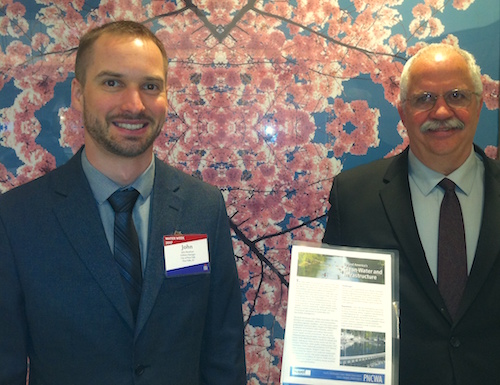 On March 21, 2017, Bob Baumgartner, John Beacham, Mike Ollivant of the PNCWA
On March 21, 2017, Bob Baumgartner, John Beacham, Mike Ollivant of the PNCWA 